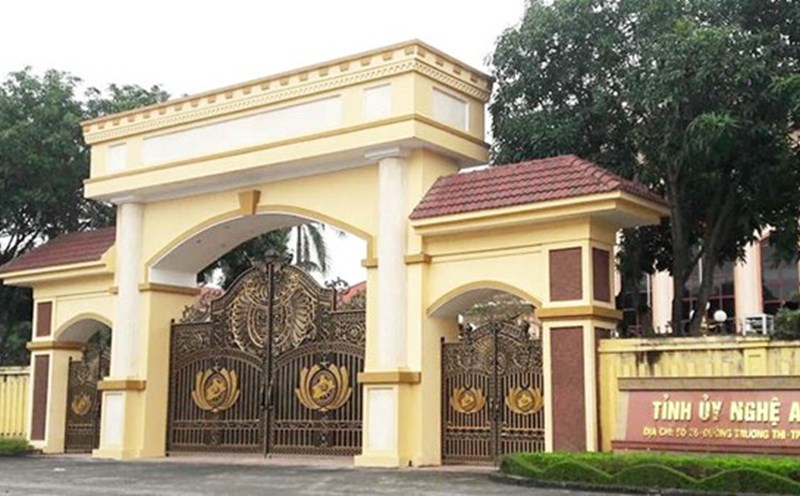Continuing research topics on technology transfer in the agricultural sector for businesses and people in the Mekong Delta (MD), currently a number of lecturers and students of Can Tho University are researching emission measurement equipment, serving the Project on Sustainable Development of 1 million hectares of high-quality and low-emission rice cultivation associated with green growth in the MD by 2030 (1 million ha Project).
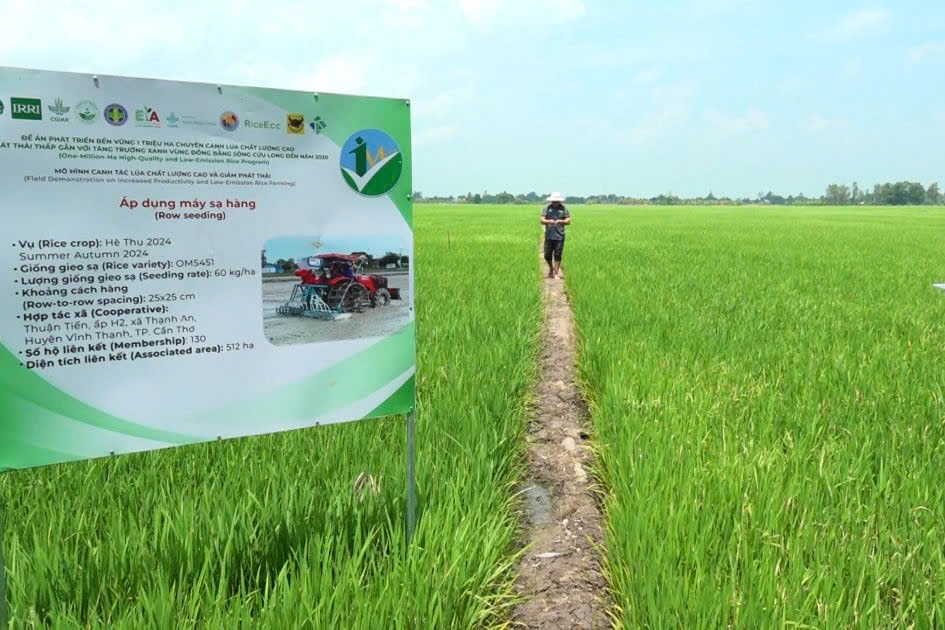
Speaking with Lao Dong Newspaper, Dr. Truong Minh Thai - Head of the Department of Software Technology, School of Information and Communication Technology (Can Tho University) - said that through a field survey, currently, collecting emissions using traditional methods takes a lot of time and effort on rice fields, especially difficult to collect at night.
“In the first half of 2024, we will work with students to research and manufacture automatic emission measuring devices, which can collect data more efficiently than traditional methods. At the same time, we will also manufacture devices to collect emissions,” said Dr. Thai.
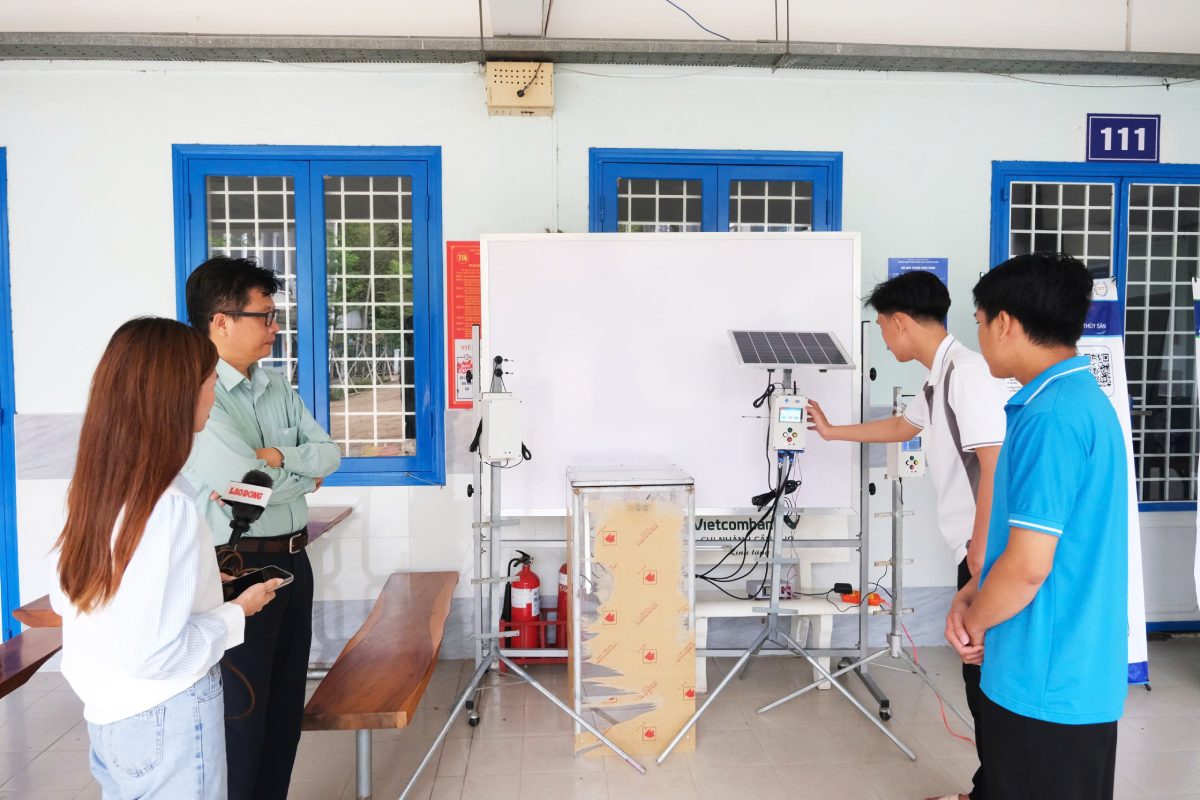
The equipment includes an air chamber and a station. One air chamber and one station are placed directly in the field, and another station is placed indoors. Users can control it manually or set a time for the device to open and close automatically.
After the measurement is complete, the data will be sent to the database for storage. Users can open it on their phones or computers to view the data saved over time. At that time, agronomists can analyze the factors (when, what work, etc.) that will affect emissions (for example, how long after fertilizing will emissions be highest).
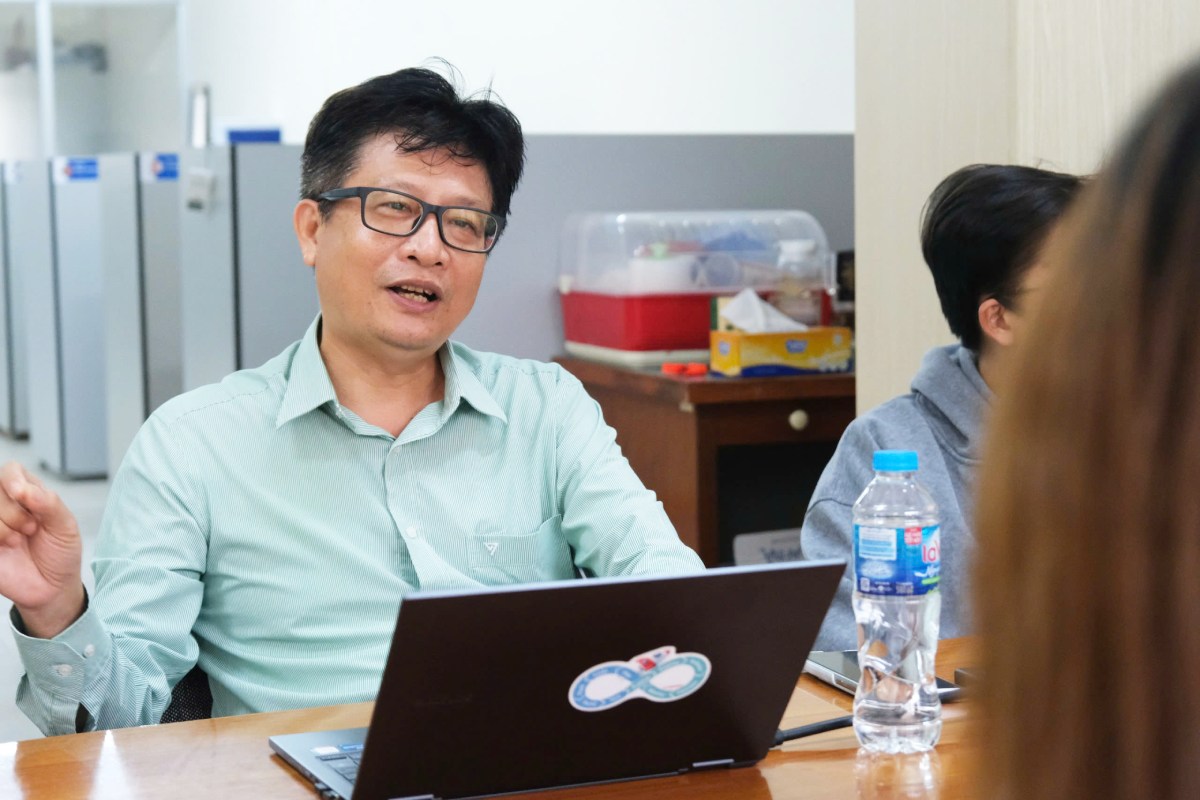
“Previously, with the traditional method, when measuring gas emissions, someone had to stand on the field, but this was mainly done during the day. However, when using the measuring device, the gas chamber will automatically open and close, operating continuously day and night, helping to collect data without interruption,” Dr. Thai explained.
Through gas collection and measuring equipment, experts and farmers can assess the rate of gas emissions, environmental indicators, and current field conditions, thereby directly and closely monitoring the agricultural production process.
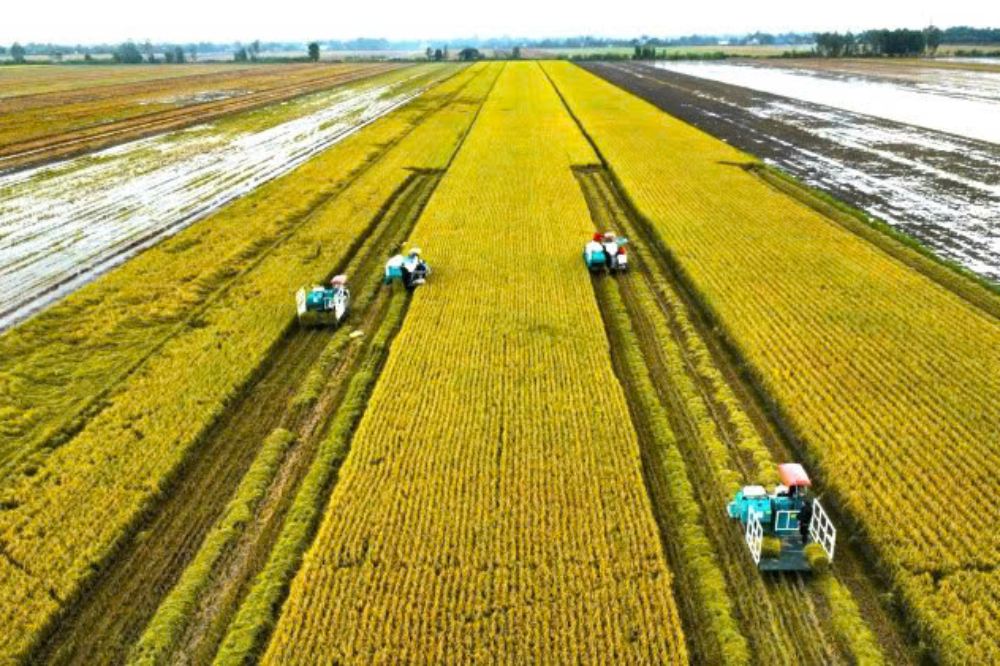
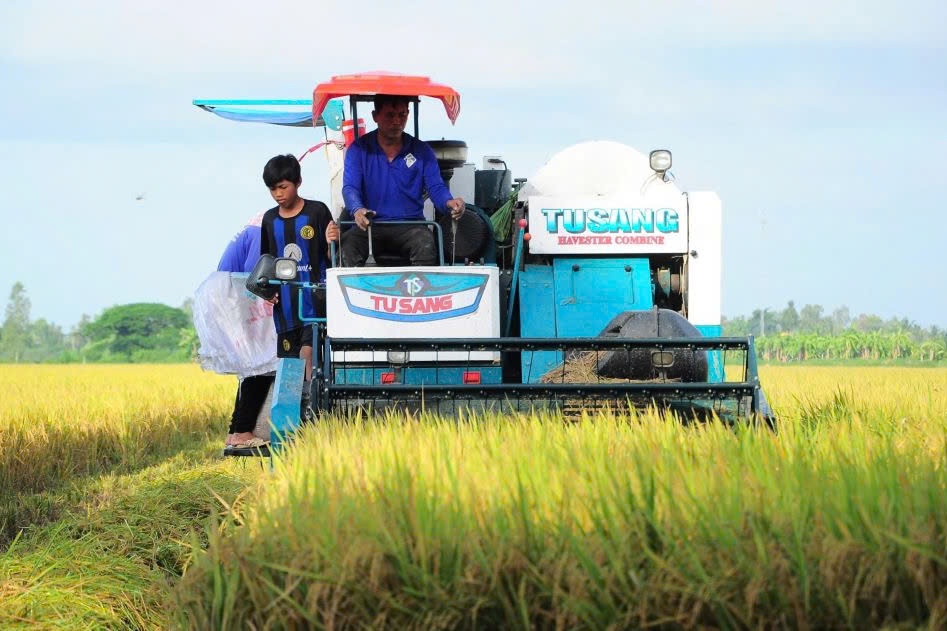
According to Dr. Thai, in the coming time, the emission measuring device will continue to be researched and perfected. After that, the research results will be transferred to farmers in the Mekong Delta, through the support of JICA in the Technical Support Project - Phase 2 (TC2), within the SDMD program of Can Tho University.
In the past 2 years (from December 2022 to present), Dr. Truong Minh Thai has conducted research on the application of Industry 4.0 in agricultural and aquatic production. By applying IoT, AI and BigData in water environment monitoring as well as in soil environment monitoring, it has helped farmers' agricultural and aquatic production become more accurate and smarter.
The 1 million hectare project is a very meaningful project for farmers in the Mekong Delta. Through the summer-autumn crop of 2024, 4/7 pilot models of the project have reported very positive results; including reducing costs by 20 - 30%, increasing productivity by 10%, increasing farmers' income by 20 - 25%, reducing an average of 5 - 6 tons of CO2 equivalent per hectare...




